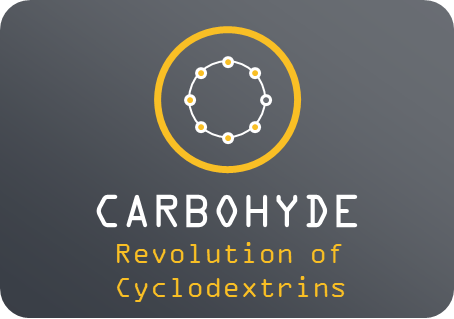today’s cyclodextrin:
Developing an eco-friendly, efficient, and highly selective gold-recovery technology is needed in order to maintain a sustainable environment and improve the utilization of resources. Northwestern University and University of South Florida report an additive-induced gold recovery paradigm based on precisely controlling the reciprocal transformation and instantaneous assembly of the second-sphere coordinated adducts formed between β-cyclodextrin and tetrabromoaurate anions.
The efficiency of gold recovery reaches 99.8% when dibutyl carbitol is deployed as the additive. In a laboratory-scale gold-recovery protocol, over 94% of gold in electronic waste was recovered at gold concentrations as low as 9.3 ppm. This simple protocol constitutes a promising paradigm for the sustainable recovery of gold, featuring reduced energy consumption, low-cost inputs, and the avoidance of environmental pollution.
Bo Song, Charlotte Stern, George Schatz, Wenqi Liu and Fraser Stoddart et al.
See the full article here: High-efficiency gold recovery by additive-induced supramolecular polymerization of β-cyclodextrin

